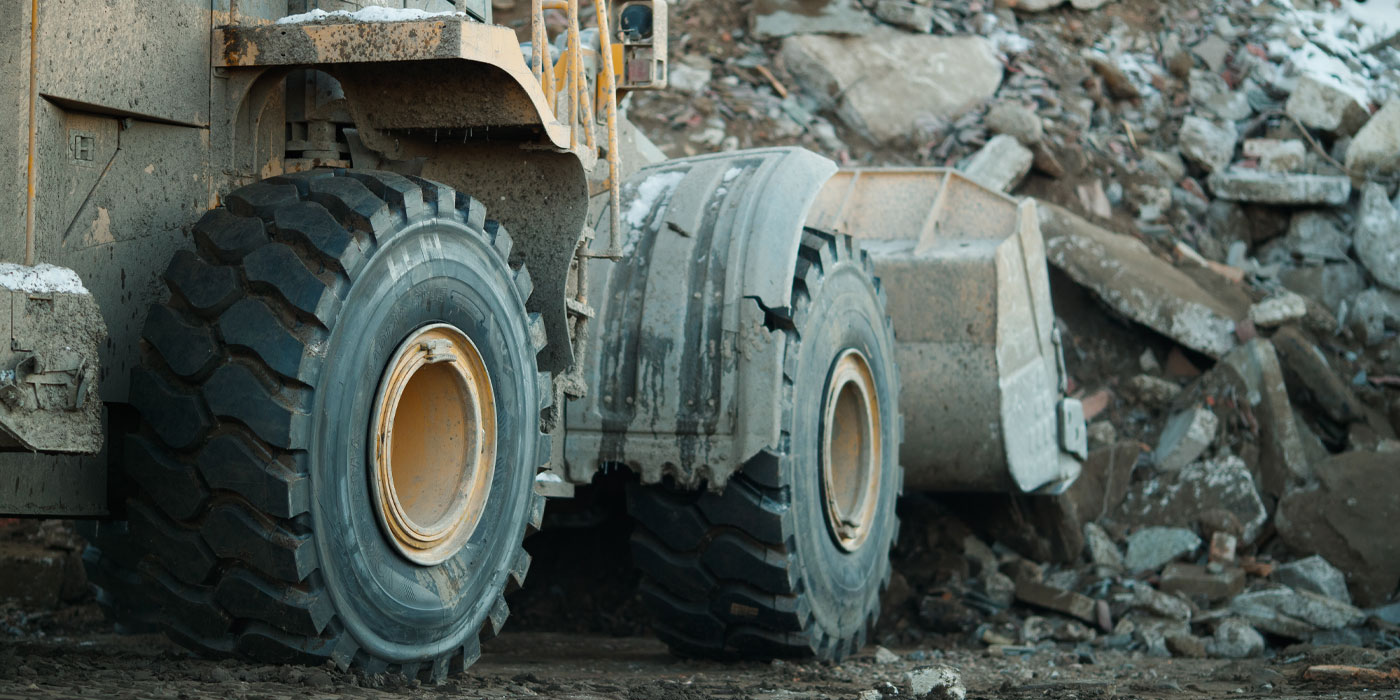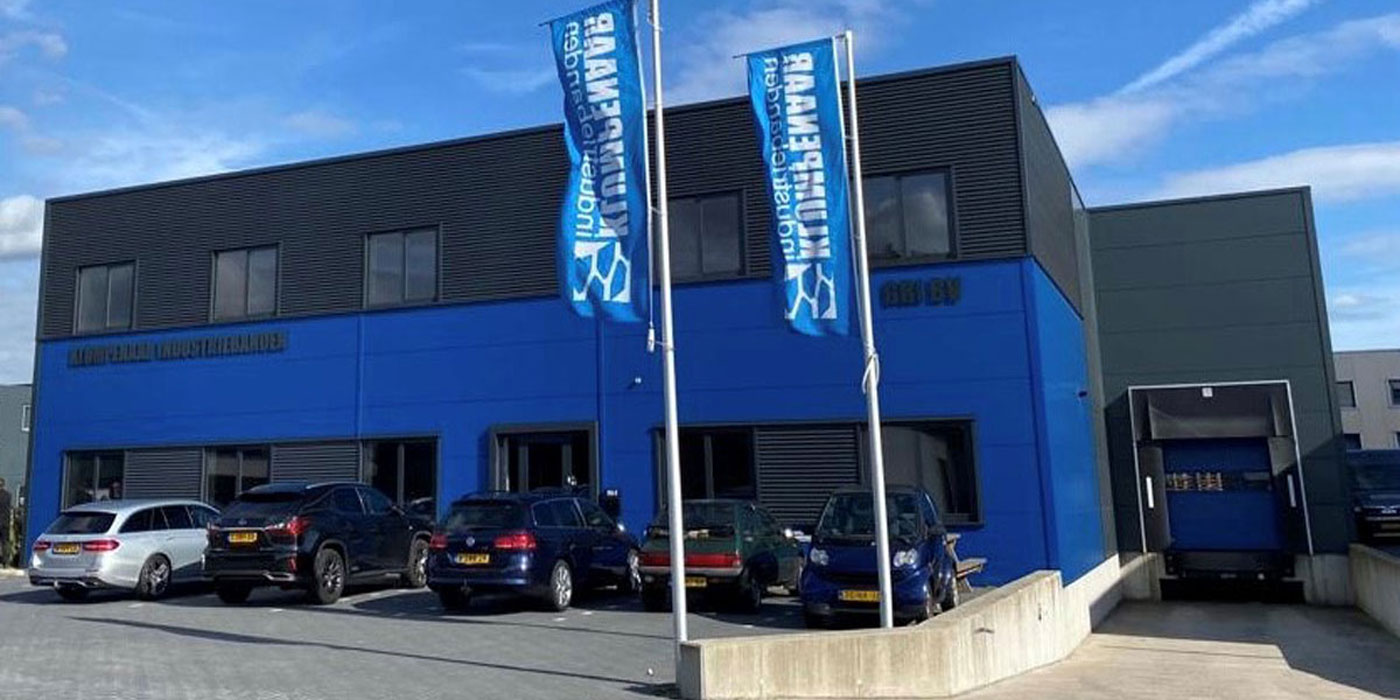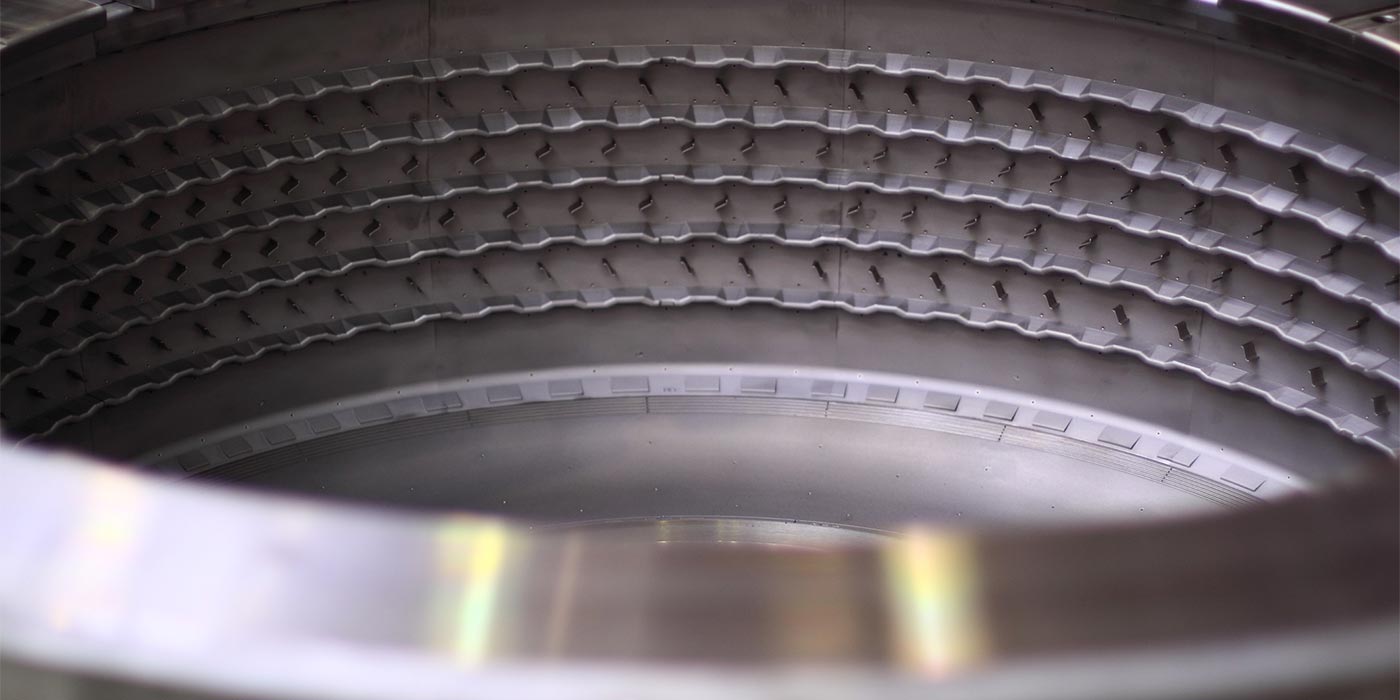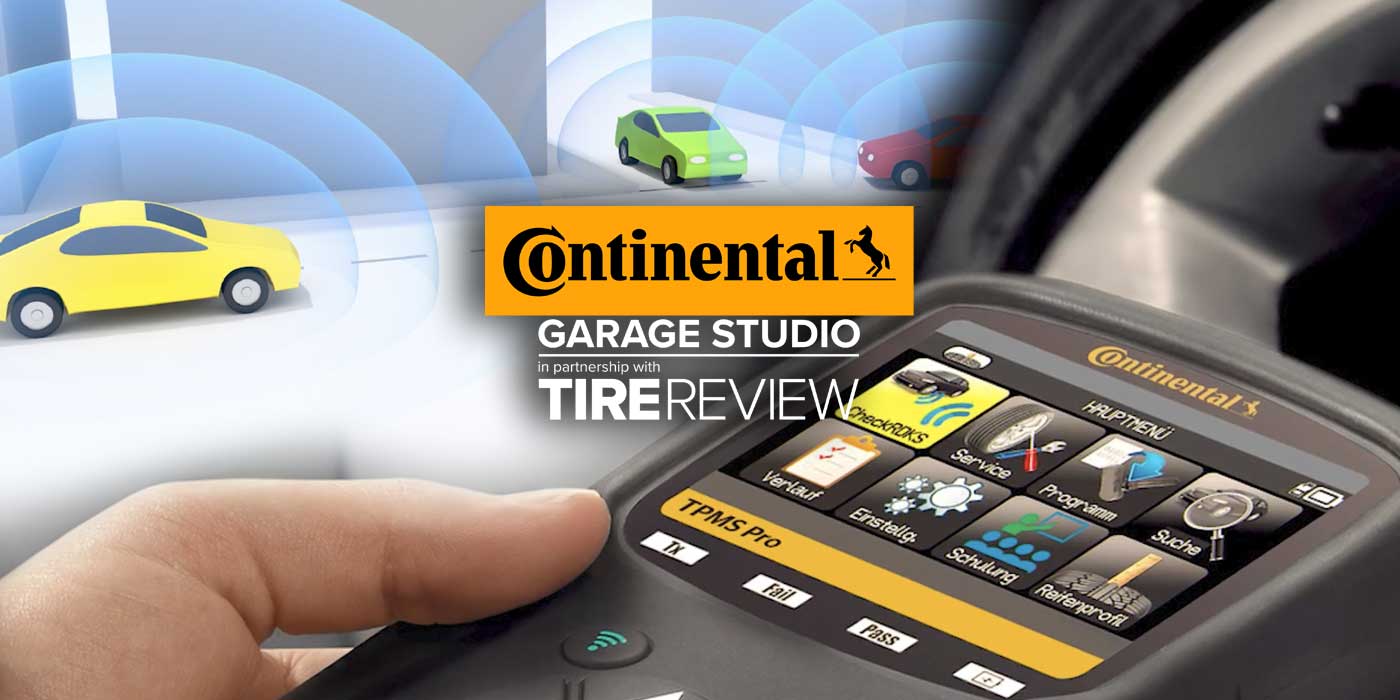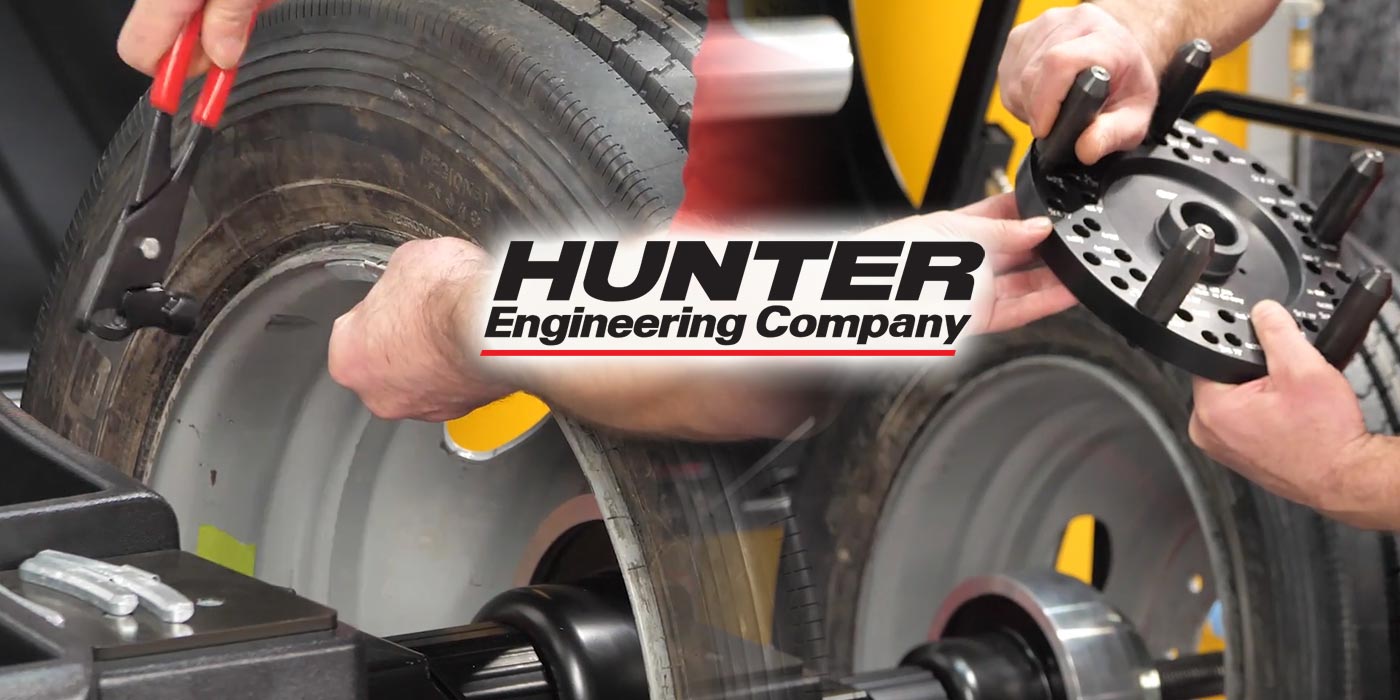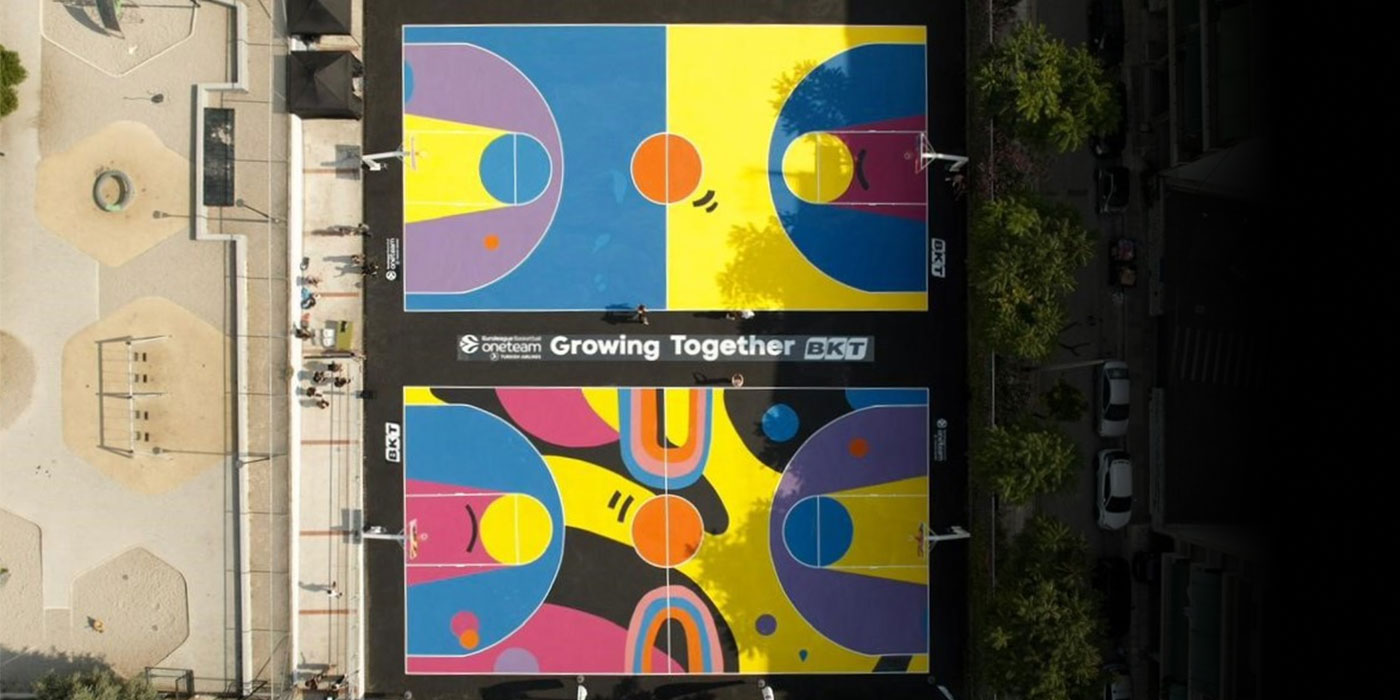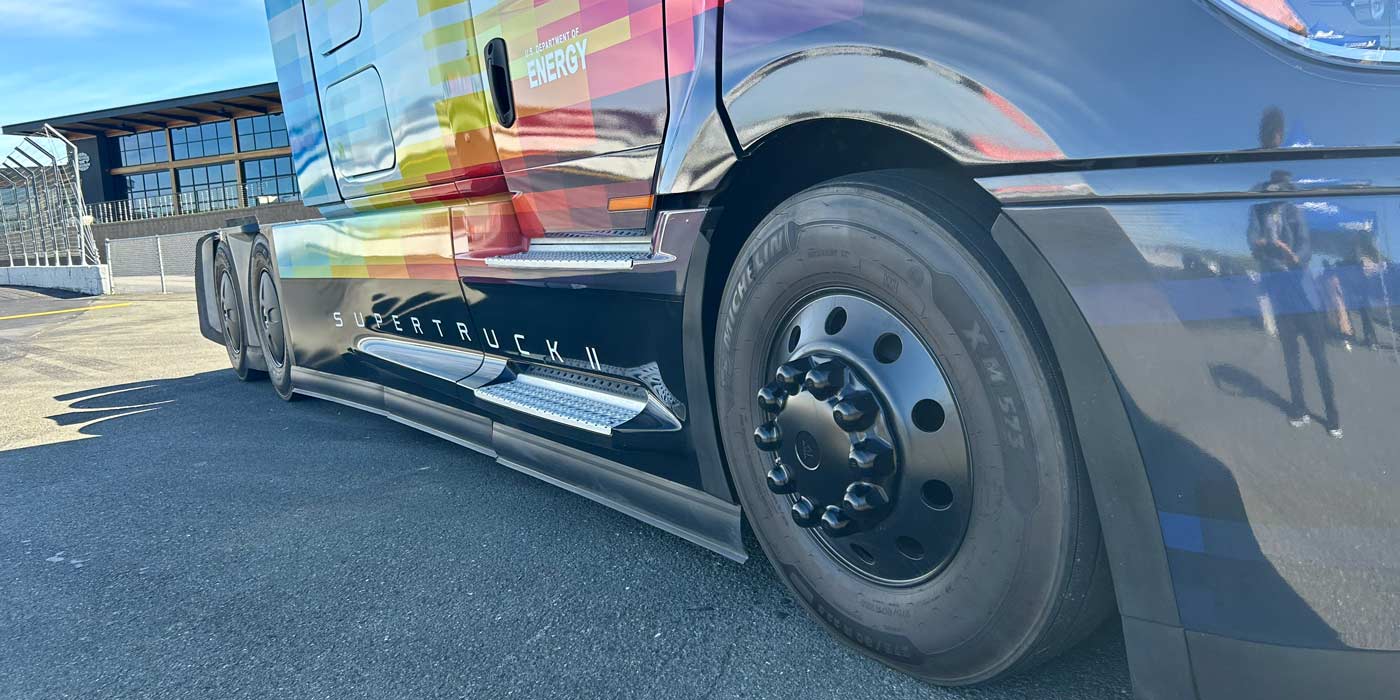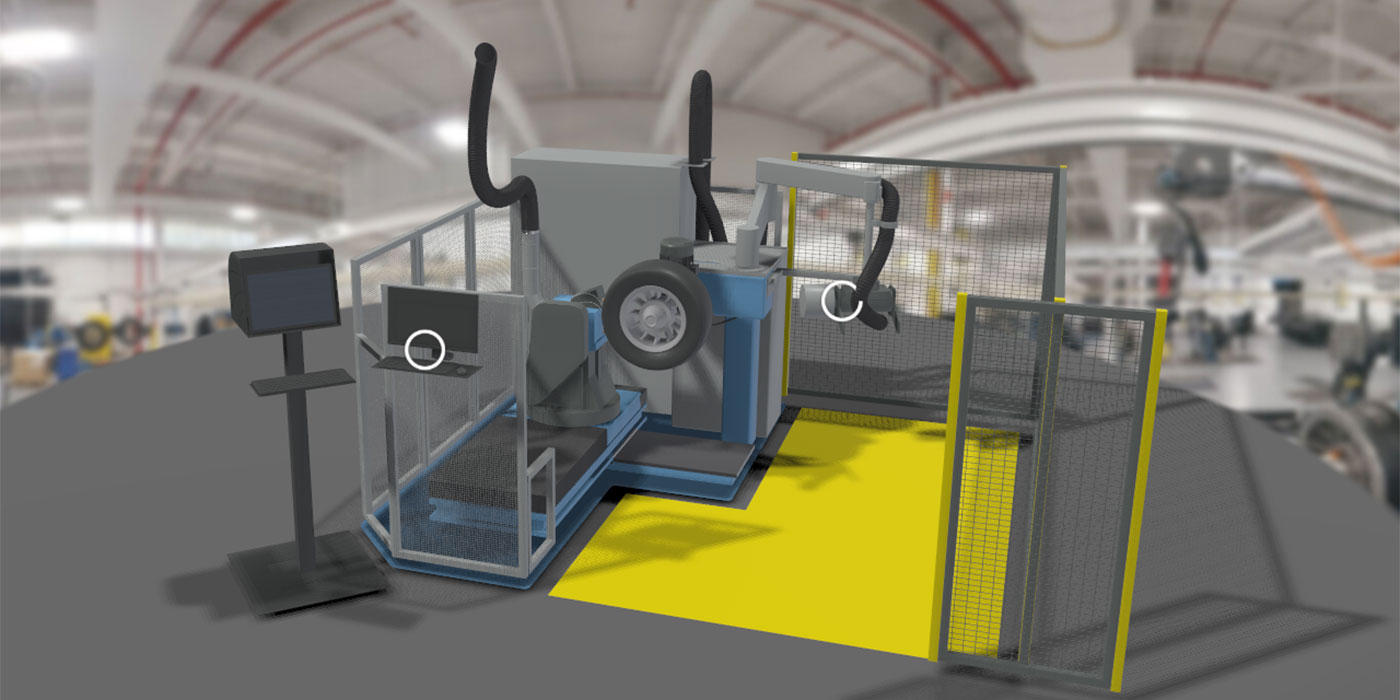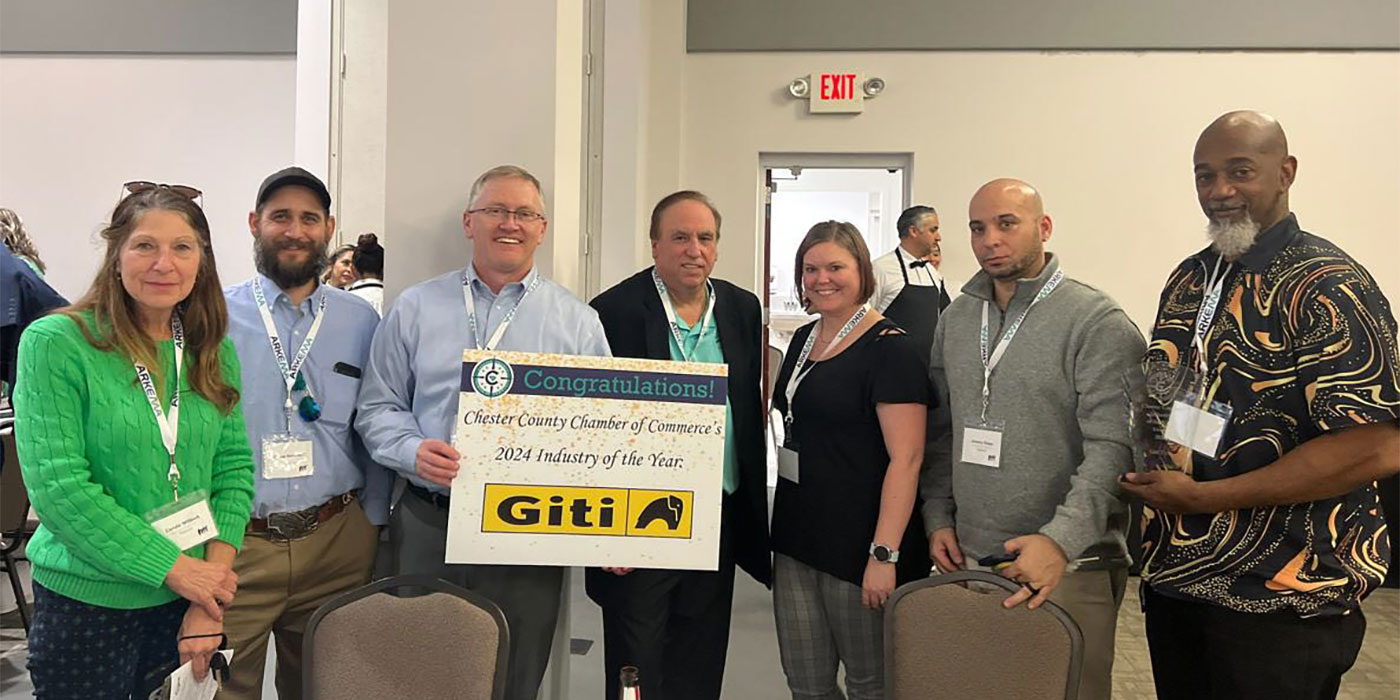Ceat’s new radial tyre plant in Sri Lanka, set up with an initial investment SLR 350 million, was inaugurated by the prime minister of Sri Lanka on Sept. 8, 2006. The grand inauguration ceremony was attended by cabinet ministers, the deputy high commissioner of India, the managing director of Ceat (India), the MD and CEO of Ceat (Sri Lanka), the members of the board of directors as well as bankers, suppliers and guests from India.
The radial tyre factory was started with an initial annual production capacity of about 312,000 tyres. The output from this plant will meet both the domestic and export requirements. The plant targets to export almost 40% of its production, which will bring in significant foreign exchange revenue.
This project is a major import substitution initiative, aiming to give the customers tyres that match the best in each class. Initially, the company will produce two types of radials – one for cars and the other for vans–in the most popular sizes in the local market.
Ceat’s range of steel-belted radials for cars will be branded ‘Formula 1 Steel’ while the van tyre range will be branded ‘Rhino’ in line with the depiction that accompanies all Ceat signage and the Ceat slogan ‘Born Tough.’
The main features of Ceat’s new radial tyres are safety, better road handling capabilities, good riding comfort, low noise levels and superb appearance. The radials for vans will have the additional capability to carry extra heavy loads, a requirement dictated by practices in the region.
Tyres manufactured in Sri Lanka have been designed and tailor-made in their tread patterns, to cater to the country’s requirements of all imported vehicles like Toyota, Nissan, Mitsubishi, Hyundai, etc., giving the motorist comfort, safety and satisfaction on the road. Sri Lanka is totally dependent on imports for radial tyres.
Latest technology
Ceat’s radial plant has been set up with the latest machinery, complete with the latest tyre production technology. The fully-automated, high-productivity plant, operating in controlled temperature and humidity conditions, will produce steel-belted radial tyres with high-durability polyester carcass and unique tread patterns designed for Sri Lankan roads.
The imported tyre-making machines are very sophisticated, with high-precision mechanical parts/tooling and onboard computer for programme logic and control. The superiority in Ceat’s radial technology is achieved through a holistic combination of design, materials and manufacturing. The design is unique in profile, aspect ratio and tread/side-wall patterns.
The raw materials and compounds are very different as also the manufacturing process, requiring designated machinery for steel-cord processing (Steelastic) and tyre-building (2-stage building) in order to maximise output in terms of productivity, quality and uniformity. The other areas of radial manufacturing like mixing, calendaring and tyre curing follow processes quite similar to bias tyre. But, still these equipment also have been upgraded, as higher accuracy and precision are required for the radial components.
A team of employees who will handle the manufacture of radial tyres have already been sent abroad for specialised training.
This is the most important expansion plan ever undertaken by Ceat Sri Lanka. Ceat, a well-known and respected brand in Sri Lanka, is the first international tyre company to set up a radial tyre plant in the country. In its existing business segments, Ceat is the market leader, with market shares in excess of 50% in segments like truck, light truck, agriculture and three-wheeler.

